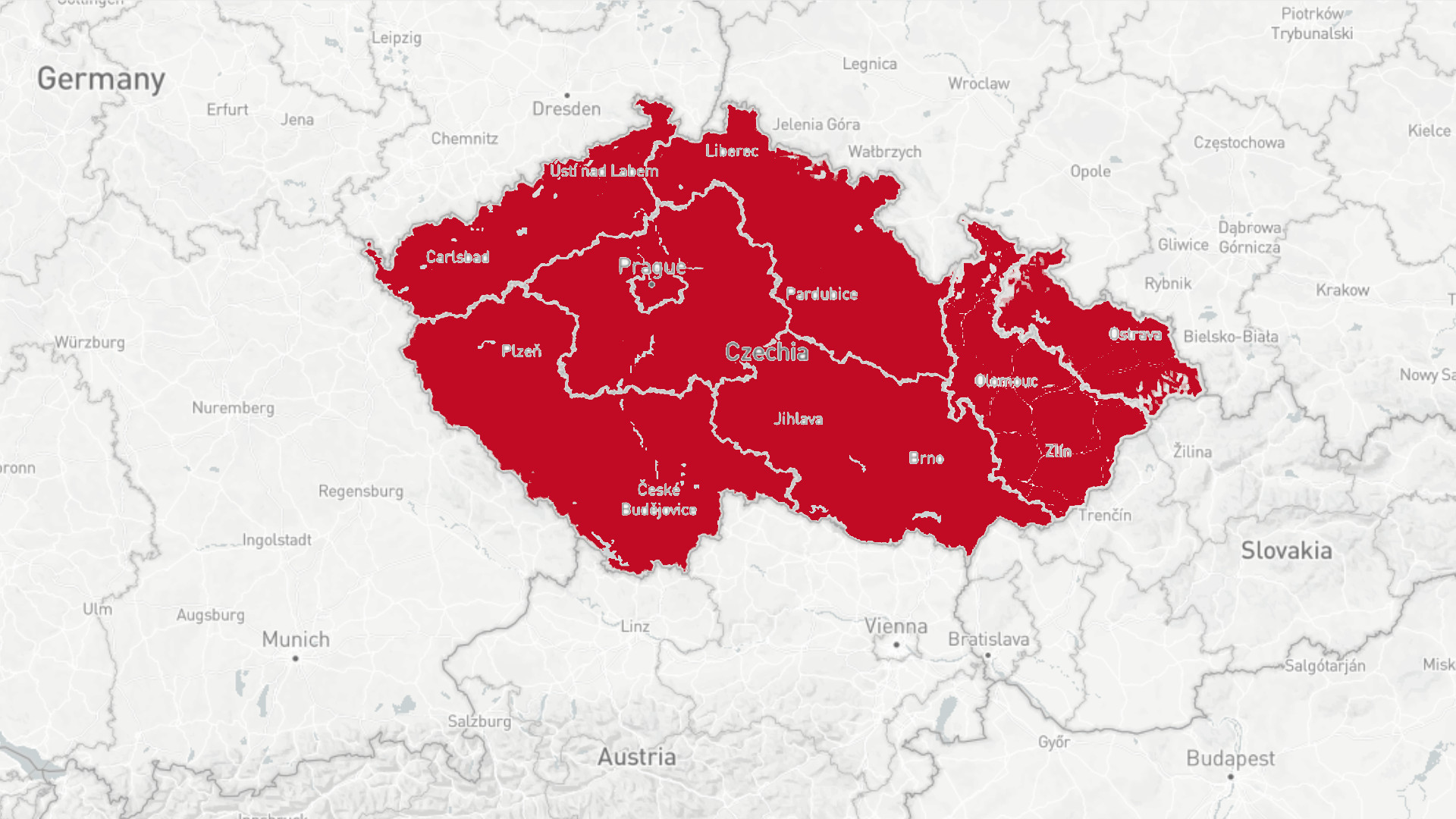How do the others deal with the pandemic? Covid-19 in Costa Rica and Germany
With its around 5 Million inhabitants, the Latin American State Costa Rica is 16 times smaller than Germany. When the Coronavirus started to spread on both continents in March 2020, Costa Rica and Germany seemed to deal better with the pandemic than most of their neighboring countries. How did the people in both countries react to the governmental restrictions? A comparison.
written by

Nadine Graf
Traditionally, Germany and Costa Rica keep a close and trusting relationship. The bilateral collaboration rages from economic exchange, cooperation on environmental and climate protection issues to cultural and scientific relationships.
In pre-pandemic times, before March 2020, they were important trade partners: Germany mainly imports food from Costa Rica, along with measurement technology, optics, electronics and electrical engineering. According to the German Ministry of Foreign Affairs, Germany imported in 2018 goods for around 550 million Euros and exported goods worth 250 Million Euros to Costa Rica. For Costa Rica Germany is one of the most important trade partners within the European Union.
The Coronavirus and economic crises might change this. According to the numbers published by BBC, Germany had more than 220,000 cases of people who were infected with Covid-19 till July. Medical Professionals in Costa Rica counted 10,500 cases in total by that time. Therefore, the number of fatalities per 100,000 people, also called death rate, is much lower in Costa Rica: The Latin American State has a rate of 1.1, while the European State has a rate of 10.9.
Restrictions to protect people from the virus
What did the government in Costa Rica do? Authorities reacted with strict prohibitions. In March they closed the borders for tourists and restricted the mobility within the country through driving bans. Most shops, restaurants, bars, hotels, museums, public and national parks and beaches had to close. On May 11, the Costa Rican government announced a roadmap to relax the restrictions step by step till August.
However, the obligation to wear face masks or shields in public, was ordered by the Costa Rican government more than a month later than in Germany. “At the end of May, it was more common to see people wearing masks or face shields. Those began to be mandatory on mid-June”, says Irene Rodríguez-Salas , a health journalist from Costa Rica.
Struggling economy and employees
As in many other economic branches, employees of media companies suffered under the governmental restrictions. Irene Rodríguez-Salas is working as a health journalist for the nationwide Newspaper “La Nación”. Since March 21 she is working from home, attending press conferences virtual. “I've been on field reporting twice: both in rural areas where it is easier to keep physical distance”, says Irene. In July, most German newsrooms are getting back to a “new normality” with less people, but physical presence. The newsroom of “La Nación” is still orphaned, with no date in sight, when the journalists could possibly return. As many journalists were forced to work part time for some month, a lot of them are struggling economically. “Now I have a 70 percent part time job, with more work to do and a little more money”, Irene says.
Media praised by the German ambassador
Martina Nibbeling-Wrießnig, the German ambassador in Costa Rica praised the Costa Ricans, also called Ticos, for their exemplary behavior in the first month of the pandemic outspread. In an open letter she also praised the media coverage: “If the admired news anchor Douglas Sánchez, broadcasts from home wearing a trendy T-shirt with the words: "Quédate en casa!", ("Stay at home!") on his show and advertises prevention, who can avoid it?”, Nibbeling-Wrießnig says.
In both countries, the media coverage of the pandemic was interviewed and quoted by several experts. The German media was underpinned by virologists’ statements, such as those from Hendrik Streeck and Christian Drosten. Also, in Costa Rica medical professionals were present. Regarding to Irene Rodríguez-Salas, an outstanding famous one is Christian Marín Müller. The virologist doesn't have his own podcast or show, but he is a regular interviewee in the news stations and respected for his perspicuous statements. “Three times a week he is part of the Channel 7 News at noon, one of the most famous news programs in the country. Furthermore, he participates regular on the radio news and I've consulted him dozens of times”, Irene explains.
In both countries, the majority of people share the views of the scientists. Nevertheless, there are conspiracy theorists, who are claiming that the pandemic isn’t real or that the restrictions are spurious, or the authorities are following other goals than saving people with the restrictions. In Germany conspiracy theorists are a discussed problem. Whilst some Costa Ricans protest against the restrictions, most of the protesters in front of the Health ministry follow the physical distance rules and wear masks.
Rising cases, rising protests
In comparison to most of its Latin American neighbors, Costa Rica is an outstanding exception with its low numbers of infected people. Despite that, the small country re-experienced a rise of Corona-cases in the last weeks. As Irene Rodríguez-Salas analyzed in mid-July, Costa Rica is having the greatest peak of the pandemic. “These days we are having the largest number of people getting sick, hospitalized and in Intensive Care Units. We've had community transmission for the past two weeks”, she says. Though, people are claiming to lift more restrictions.
“People are getting tired, they want to see their loved ones, they want to go out”, Irene Rodríguez-Salas says. The Costa Rican economy is suffering under the restrictions e.g. the ban on tourism. The occasional protests against the restrictions are getting louder. “A lot of people are really struggling to have food on their tables, so we have a sanitary crisis, an economic crisis and a social crisis...”, Irene Rodríguez-Salas sums up.

















